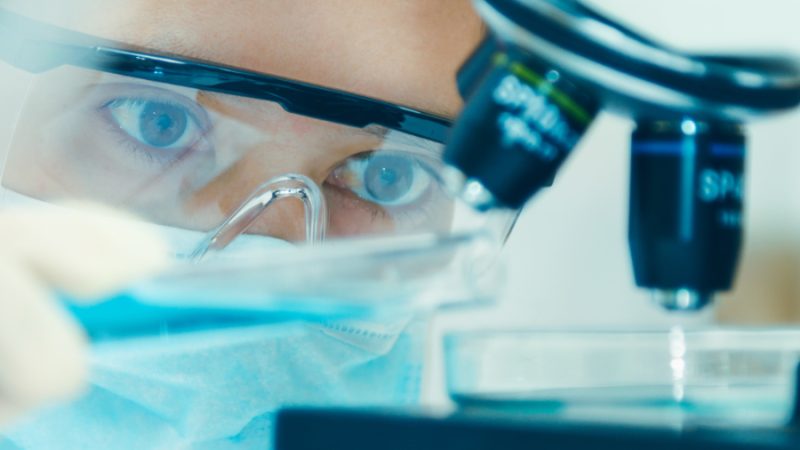Microorganisms play a crucial role for the health and well-being of higher organisms. Host-specific microbial communities of varying complexity form the so-called microbiota. It can consist of several thousand microbial species and includes bacteria, archaea and fungi. These microorganisms exchange a plethora of metabolites with their hosts and can modulate their functioning. Such interactions equally affect humans, animals and plants. This provides us with novel strategies to counteract various diseases and increase the resistance of higher organisms towards abiotic and biotic stresses by modulating the microbiota.
Microbiome research refers to studies that deal with the genetic information of a distinct microbiota. It can be implemented to monitor the structure, dynamics and functioning of complex microbial communities. We want to introduce young scientists from the Austrian Centre of Industrial Biotechnology (acib) and Graz University of Technology (TU Graz) that are active in this highly promising research field. Their research is focused on the plant microbiota as well as on microbial communities in man-made environments. Integration of different expertise and inter-disciplinary research allows them to conduct sophisticated studies and expand our understanding of complex microbial communities.
Picture credits: Shutterstock
Video credits: Julian Taffner (TU Graz) & Melanie-Maria Obermeier (acib GmbH)
